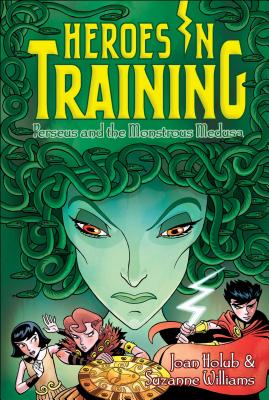
History, Captivating
Did you know that the Balkan Peninsula is often referred to as the "powder keg of Europe?"
It was a term devised in the early 20th century to describe the unstable political situation in the region just before it exploded into a conflict known as the First World War. The Balkan Wars were a series of conflicts fought between the Balkan League (Bulgaria, Serbia, Greece, and Montenegro) and its allies and the Ottoman Empire. But these wars didn't involve any of the great European powers such as Germany, France, or the United Kingdom. This is what makes them less known, but they were crucial for the development of the European political scene.
The Balkan Wars were first fought for ethnic groups that were ruled by the Ottoman Empire so they could gain their complete independence and expand their territory. Looking up to the successful western states, Serbia, Bulgaria, Montenegro, and Greece wanted to achieve national states with a territory that would gather all their ethnic brothers into one state.
But the legacy of the Ottoman Empire lives on in the multiethnic hodgepodge of the Balkan Peninsula. Unlike Westerners, the Ottomans considered their faith to be the uniting factor, not the idea of belonging to a nation. This belief created the complex situation in the Balkans that lasts to this day.
To understand this part of Europe, one must look into the past and understand the obscure and complex conflicts that are known as the Balkan Wars. This book will take you into the past and show you how it all started, from the creation of the Balkan League to the Bucharest Peace Conference.
Read Captivating History's The Balkan Wars to understand the origins of the conflict, as well as:
- The national aspirations of the Balkan people
- How Bulgaria gained independence just to lose it against its will
- The creation of the Balkan League
- How Bulgarians pushed the Ottomans out of Thrace and Europe
- How they lost Macedonia, their ultimate goal, in the process
- The role of the Greek navy in the Balkan Wars
- How Greece took Thessaly and its main prize, the Port of Thessaloniki
- Why the Montenegrins were tied to Serbia and what their role in the war was
- Why Serbia and Greece agreed on an alliance
- Why Romania and the Ottoman Empire jumped into the conflict
- How it all ended with a peace treaty signed in Bucharest and Constantinople
Don't miss this opportunity to learn about the Balkan Wars, scroll up and click the "add to cart" button!







